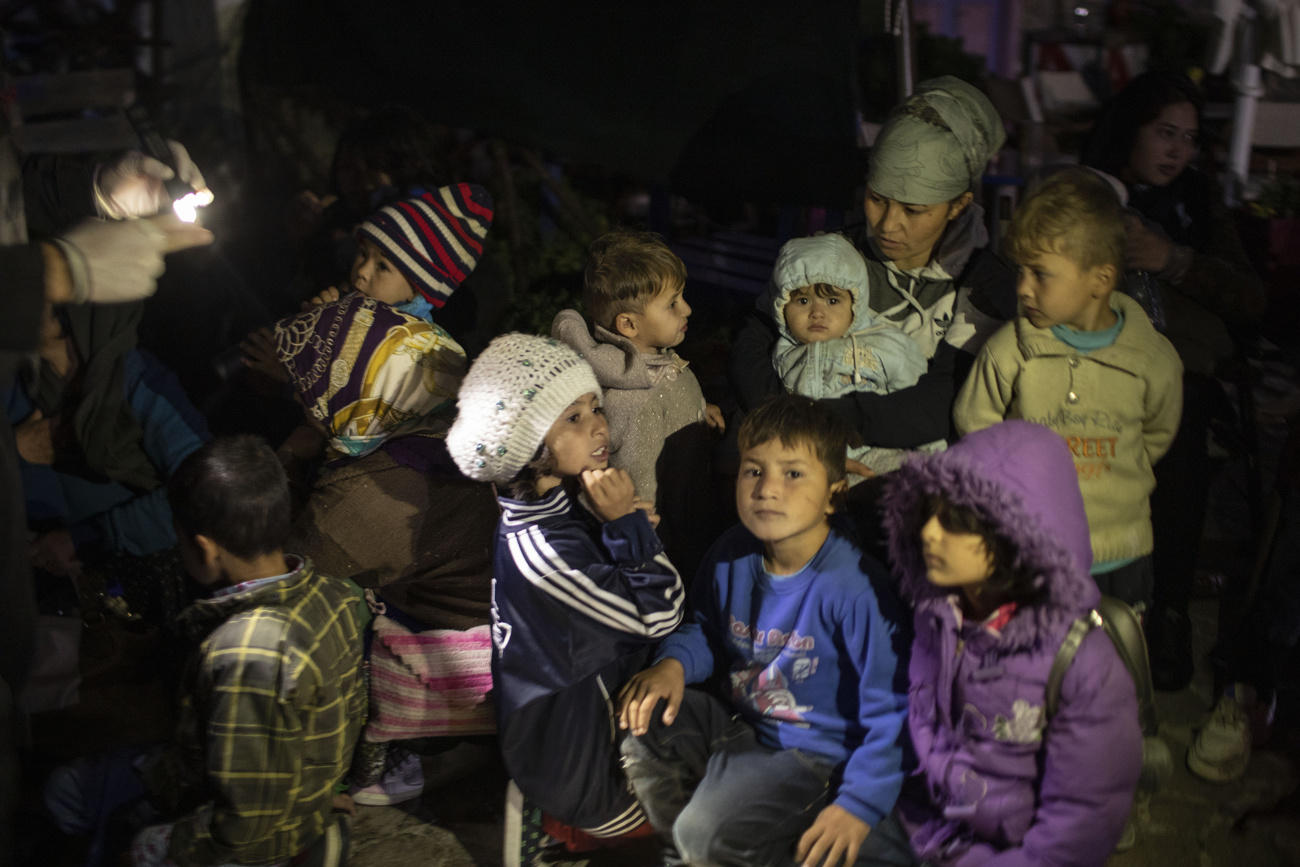
Coronavirus hits asylum-seekers in Switzerland

Six asylum-seekers have been placed in quarantine after catching the coronavirus in Switzerland, according to news agency Keystone-SDA. Another 25 have been isolated after presenting Covid-19 symptoms.
Asylum centers are following the same protocols and restrictions as the rest of the population, notes the news agency. An occupancy rate of 40% across federal asylum centers means it is possible to follow the guidelines issued by health authorities.
+ A look at Switzerland’s new asylum system
The occupancy rate at cantonal facilities ranges between 60 to 100% so new infrastructures have been made available to respect social distancing norms.
Switzerland has halted the transfer of asylum-seekers to other members of the Schengen area, an option it has under the Dublin agreement.
The Dublin system
The so-called Dublin Regulation includes the European Union’s 27 members, as well as Liechtenstein, Norway, Iceland and Switzerland. It determines which member state is responsible for processing an asylum claim so that an application is examined just once within the Dublin area. A key goal is to ensure that an application is actually examined and that asylum-seekers cannot be shifted from one country to another without receiving a proper asylum procedure. Another aim is to prevent asylum-seekers from migrating on to other member states and lodging an asylum claim multiple times.
No transfers
Transfers within the country are also being avoided. Federal asylum centers and cantonal facilities register about a dozen entries per week, compared to 120 and 180 for the months of January and February.
The State Secretariat for Migration logged 965 asylum requests in March and expects lower numbers for April.

More
Coronavirus: the situation in Switzerland

More
Switzerland urged to take in refugees stranded in Greece

In compliance with the JTI standards
More: SWI swissinfo.ch certified by the Journalism Trust Initiative






























You can find an overview of ongoing debates with our journalists here . Please join us!
If you want to start a conversation about a topic raised in this article or want to report factual errors, email us at english@swissinfo.ch.